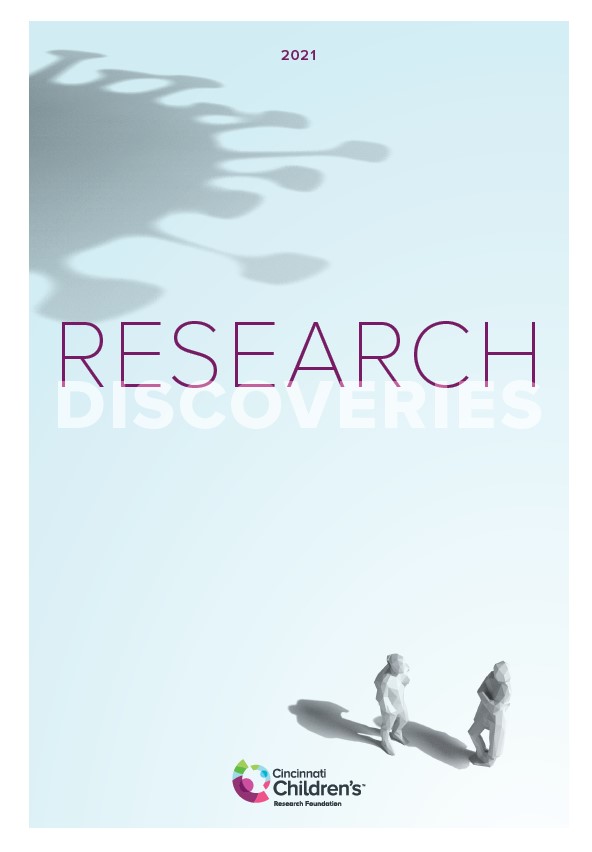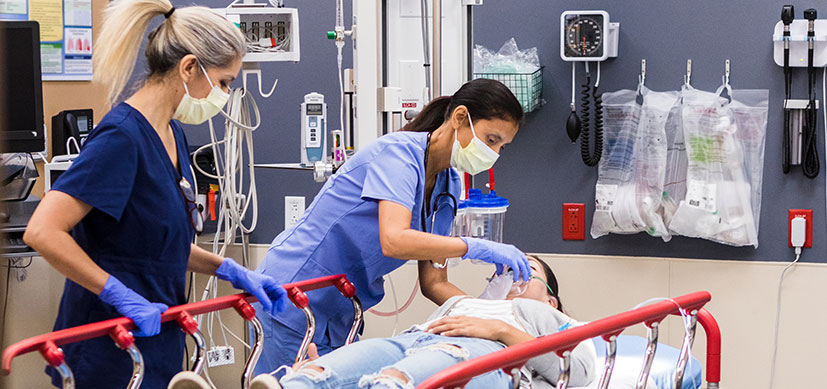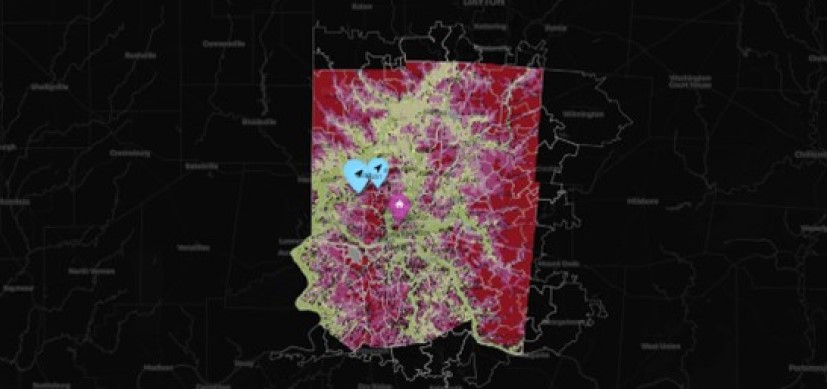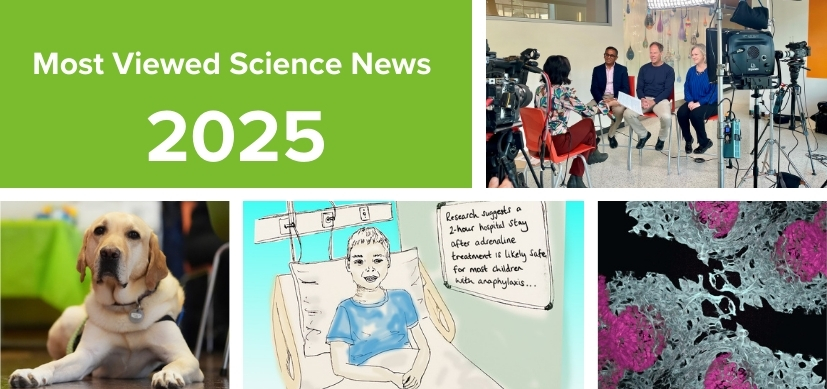Anderson Center Team RACEs to Respond to COVID
Post Date: May 22, 2022 | Publish Date:

When COVID-19 emerged, the need for rapid learning and rapid dissemination of emerging data became critical to many stakeholders working to minimize damage from the pandemic. It was the exactly the kind of co-creation and shared learning challenge that the Anderson Center for Health Systems Excellence was created to address.
From the governor’s office to school board meetings, the members of the Rapid, Adaptive Control of Epidemics (RACE) team shared their expertise in both the scientific aspects of the pandemic and their experience at bringing together highly disparate groups to work together to reach common goals.
As a result, four team members were honored as local leaders in the 2021 Inspire Healthcare Awards sponsored by the Health Collaborative. Recipients were: Peter Margolis, MD, PhD, Robert Kahn, MD, MPH, Andrew Beck, MD, MPH, and David Hartley PhD, MPH.
Within 10 days of the region’s first diagnosed case, the situational awareness and strategy team was working with regional leaders to develop shared goals, define key populations, and align resources to bend the curve. Partners included public health departments, hospitals, adult living facilities, group homes, schools, and business groups.
By early May 2020, a dashboard of COVID data was being shared publicly to inform the community. Among the decisions and activities supported by the RACE team:
- Not opening Cincinnati’s Convention Center as a field hospital because data showed stable hospital capacity at that time, saving tens of millions of dollars.
- Using changes in case incidence to win business community support for a community-wide “Mask On” communication campaign.
- Selecting testing and vaccination sites to respond to data showing how underserved and disadvantaged populations were bearing a disproportionate burden of impact.
- Working frequently with the Cincinnati Public Schools and many other regional school districts to make closing and re-opening decisions amid the fast-changing dynamics of the pandemic.
Beyond the city, much of the data-gathering infrastructure that helped experts rapidly assess the pandemic was established long before COVID struck thanks to the PEDSnet organization, which Cincinnati Children’s has supported for years.
Nathan Pajor, MD, was among the co-authors of a PEDSnet study that documented the disproportional impacts COVID-19 had upon children from disadvantaged populations. Their findings, based on electronic medical records data from over 135,000 children, were published Nov. 23, 2020, in JAMA Pediatrics.
“PEDSnet provides a national digital architecture that can harness the power of the electronic health record to advance knowledge,” Margolis says. “Without PEDSnet, gathering the information we needed right away during the pandemic would have taken years.”
Related Posts:
Cincinnati Children’s Plays Central Role in COVID-19 Vaccine Clinical Trials
Mitigating the Mental Health Burden of COVID-19
Contributing to COVID Knowledge
One Does Not Simply…Shut Down Science
Studying the Heart in the Storm
Pandemic Prompts Dash to Build Dashboards
Exploring Intersections Between COVID-19 and Co-Morbidities
Balancing COVID Safety and Learning Needs

Explore the full 2021 Research Annual Report
50+ Discoveries and Innovations (Enter Research Area, click on “Featured Research”)
By-the-Numbers Section Breaks Down $270M+ in Funding
Learn About Science Careers and Student Opportunities
Find Out How You Can Support Research at Cincinnati Children’s







